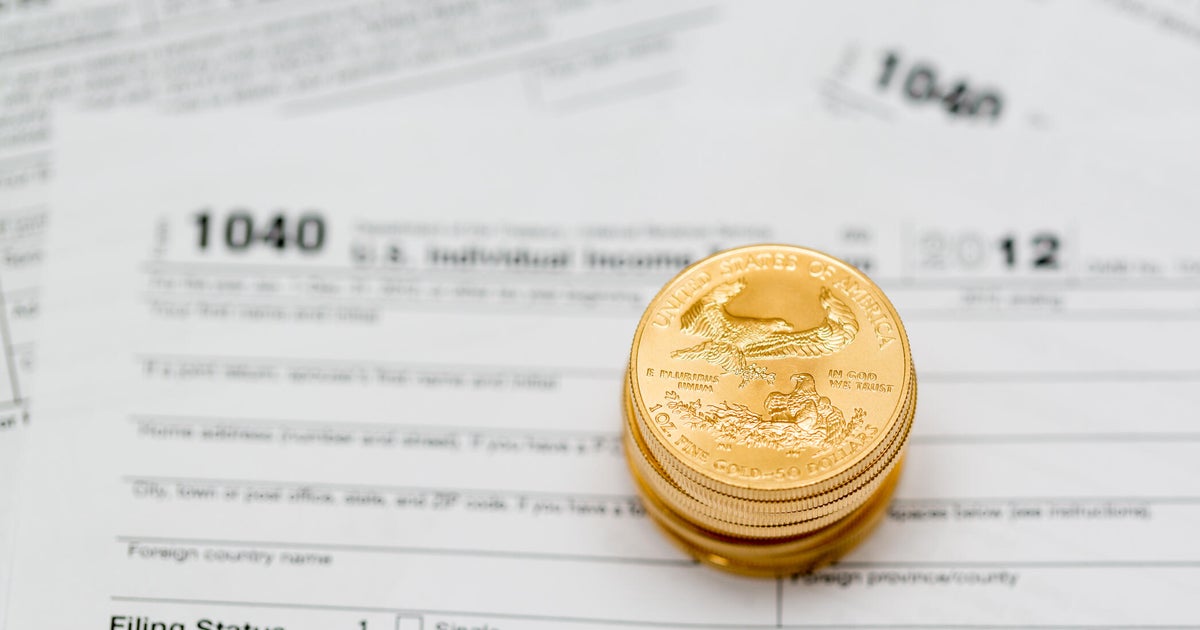Why you should invest in gold in 2023
As we close in on the end of 2023, it's still unclear where the economy may be headed in the coming year. Inflation has cooled considerably compared to last year's highs, but it ticked back up again unexpectedly in July and August. And that, in turn, is impacting the value of the money in people's wallets.
In turn, there are lots of people who want to protect their finances against a changing economy — or many who may be reconsidering their overall investment plan. In many cases, gold could be a good investment to help weather the changing and uncertain economic environment.
After all, this precious metal can offer stability during times of uncertainty, diversify your portfolio and mitigate some of the risk from other assets.
If you're considering this unique investment option, start by requesting a free information kit to learn more.
Why you should invest in gold in 2023
Here are some of the benefits of adding gold to your investment portfolio in 2023.
Gold can hedge inflation
Gold and other precious metals have long been considered a smart way to fight inflation. Gold generally holds its value and preserves your purchasing power over the long haul, despite fluctuations in the dollar.
Periods of high inflation might make an excellent time to increase allocations to gold, says Frank Trotter, president at Battle Bank. "Over time, analysts have shown that gold has been a good hedge against inflation," he says
The Consumer Price Index (CPI) measures prices paid by American consumers for goods and services over time. In 2022, the index ranged upwards of 7% throughout the year — well above historical norms for the country. Today, inflation is back down to about 3%, but it's still above the 2% rate the Federal Reserve has been targeting. And ongoing Fed interest rate hikes could mean we still have time before inflation has fully cooled — making gold an interesting investment to consider today.
You can explore gold investment options online now to see if it's right for you.
You can diversify your portfolio with gold
When an economy slumps into a recession, the stock market does, too. Real estate investments can also lose value during a recession. During times of economic downturn, however, gold can be a good way to ensure a diverse portfolio. Diversification generally reduces your exposure to these riskier assets and minimizes the impact of any losses.
"If investors are looking ahead at a possible recession, and perhaps stagflation, reallocating into gold can be an appropriate choice as they reduce exposure to stocks and bonds," Trotter says.
Gold has liquidity
In a recession, liquidity — or being able to offload assets for cash quickly — is key. Then, if you fall on hard financial times, you can cash in on those assets and still stay afloat on bills and other necessities.
Stocks, bonds, real estate, collectibles and other tangible assets are typically considered illiquid investments. They're hard to turn into usable funds, particularly when demand for those items is down. Who wants to buy rare artwork when you can't pay the bills?
Gold, on the other hand, is highly liquid and can be exchanged quickly for cash, making it a smart investment during down periods.
"Gold is a useful addition to diversify a portfolio given its price stability, as well as its high liquidity," says Richard Gardner, CEO of financial technology firm Modulus Global.
The bottom line
To be clear: Gold is a good investment for some, but it's not the right move for everyone. If maximizing the growth of your investments is a priority, for example, then gold's probably not for you. Gold is typically considered a low-risk, safe-haven investment, but it's not one that offers high returns.
If you're not sure if gold is the right move for your finances — or you need help making a gold purchase, talk to an investment advisor or financial planner. They can help you make the right choice for your individual financial goals.
Get started by reviewing more details about gold and useful guidance with a free information kit today.




